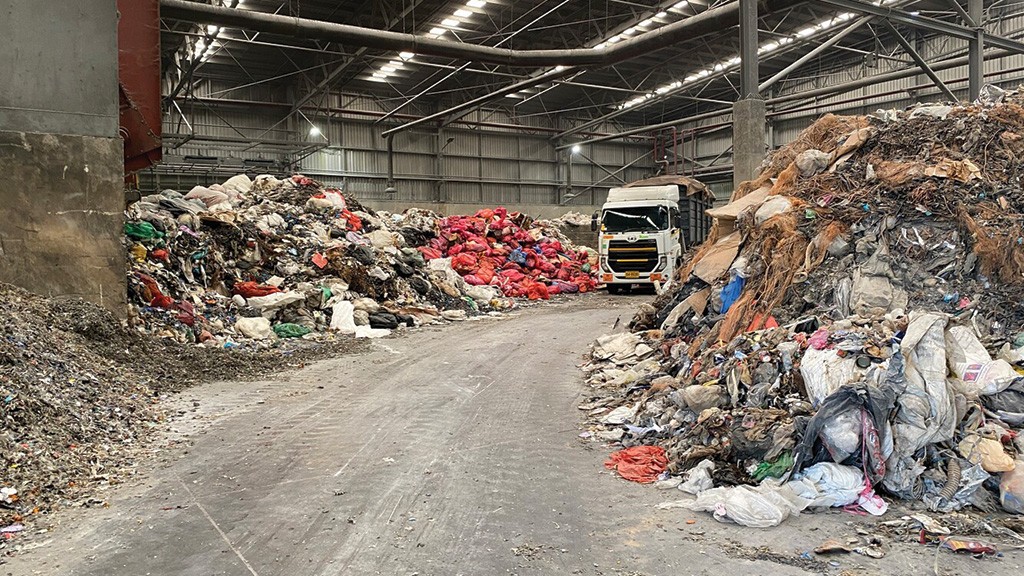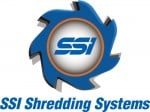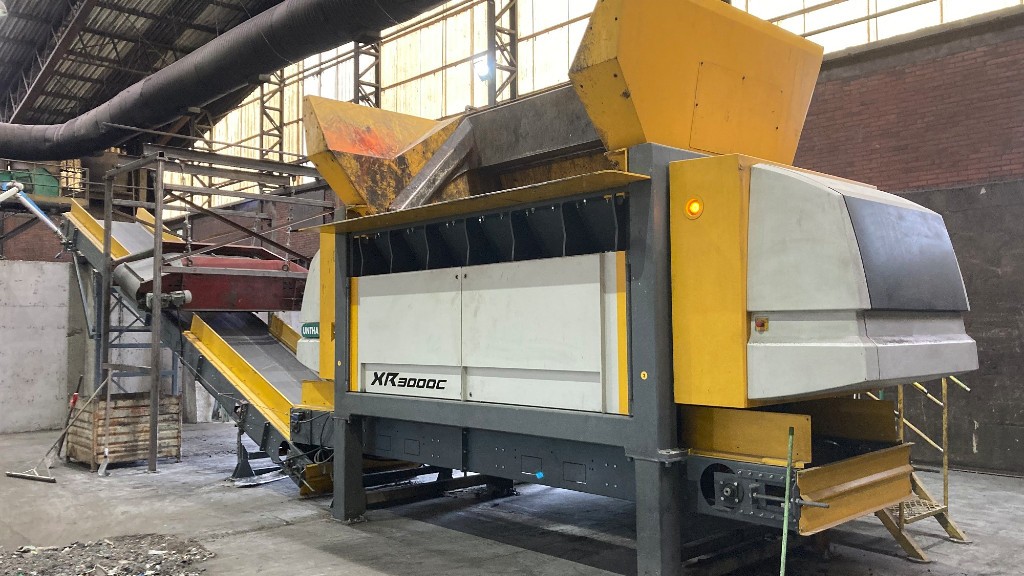The global role of industrial shredders and refuse-derived fuel
A look at different markets for MSW shredding worldwide

Humanity generates a lot of waste. The U.S. Environmental Protection Agency estimates that the average American creates 4.9 pounds of municipal solid waste (MSW) daily. This adds up to nearly 300 million tons per year.
With so much waste headed to landfills, one alternative is to use thermal treatment (combustion) to process it. Another is to use certain waste products as alternative fuels, also called refuse-derived fuel (RDF).
In either case, it's important to reduce and sort MSW to prepare it for further treatment – an activity that SSI Shredding Systems has been doing with its industrial shredding machines for years.
Shredding around the world
There are many different markets for MSW shredding and treatment around the world. Each of these collects and uses its municipal solid waste in different ways.
Landfilling remains one of the most common MSW management options throughout Thailand, Malaysia, India, and other Asian countries. In many of these areas, the waste tends to have greater moisture and a higher organic content, which can be hard on standard, mass-produced single-rotor shredding units. However, more sophisticated machines can handle higher moisture content and contaminants without plugging up their screens.
Compared to Asia's MSW industry, North America uses more commercial waste for its refuse-derived fuel. Approximately 75 different facilities throughout the United States alone are devoted to recovering energy through the combustion of MSW. Much of the burned waste has a lower organic and moisture content than its Asian alternatives.
Due to cleaner inbound materials, Europe tends to have a more refined MSW process than either North American or Asian countries. Initiatives in various areas of the EU, for instance, encourage separating MSW at the source. This reduces collection costs and makes efficient combustion more possible.
In each of these cases, the kind of waste differs. And yet, the goal is the same, and industrial shredders remain a critical part of the process.
Shredding machines for different types of waste
With such a large scope of diversity within the MSW industry, it's important to tailor shredding machines to handle each kind of waste.
For instance, SSI's machines are infinitely customizable. Users can tailor them to handle a variety of different inbound materials, such as wood, packing materials, and plastics. Plant waste and metal parts are also often mixed in with the waste, bringing new levels of complexity to the shredding and preparation process.
In response to these complexities, SSI has engineered fuel solutions that utilize different shredders to address a wide range of inbound materials. What these materials are dictates which path to take to process certain kinds of refuse-derived fuel.
The company's quad shredder is a viable option in most cases. The manufacturer can tailor the device to handle anything from biomass to carpets, continually processing material until it's small enough to fall through a screen (typically set to a 2-inch nominal size). SSI also makes a variety of additional shredders that specialize in different applications. One example is its Uni-Shear single-rotor shredder, which users can configure as a secondary shredder for specific RDF applications.
The benefits of industrial shredders
Industrial shredders are an essential first step in proper MSW management. No matter where you may be in the world, industrial shredders can provide value in preparing waste for thermal treatment or RDF. Each SSI industrial shredder is designed to tackle a wide variety of MSW due to its ability to capitalize on customization and density separation. Other benefits and features of industrial shredders include variable speed drives, motor speed control, and motor performance feedback.
From the versatility of the equipment to customization of application to longevity, safety, cutting-edge tech, and more, industrial shredders are capable of turning MSW from problematic waste to reclaimed fuel that can power a greener future.



